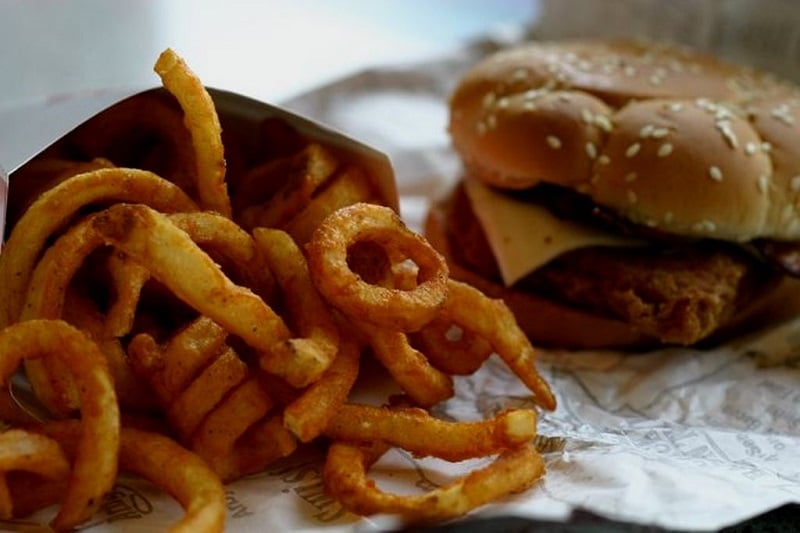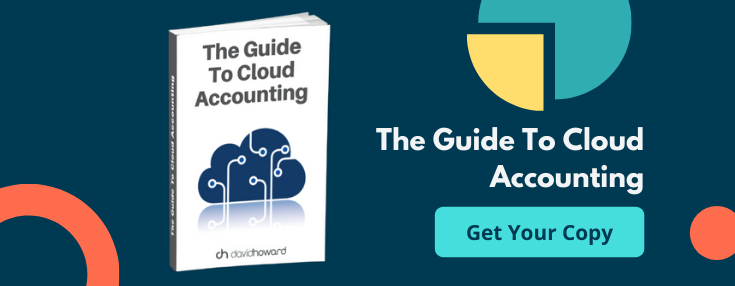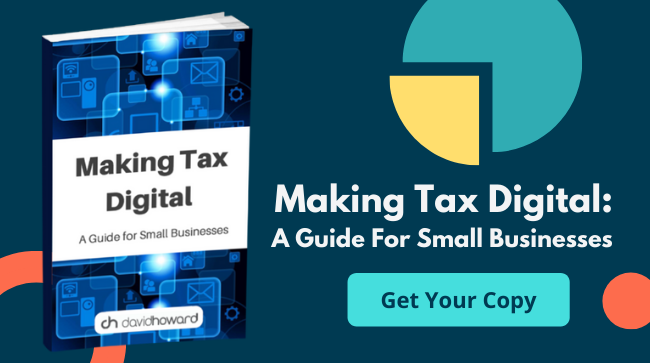VAT Takes The Biscuit

Staff across many fast food businesses could be making mistakes in how they charge customers for food they’re ordering. The problem isn’t about charging for a large packet of crisps or a small one, but whether or not you're adding VAT to items customers are buying.
Why Is There Some Confusion?
VAT on food and drinks depends on whether the person is eating in the restaurant or taking their food out. Those that are eating inside the restaurant are liable for VAT, while cold food such as sandwiches and water, to be consumed off premises, are exempt from the tax.
This can cause issues at some fast food outlets where there is an option for both takeaway and on-premises eating. This is not helped if some customers don’t even make up their mind until after they’ve paid for their food!
However, these scenarios are beside the point. If the customer eats the food on the premises, the company is liable to pay VAT on that food.
Why Does This Happen?
The main problem is that staff aren’t asking the all-important question: whether the customer is intending to eat in or takeaway. There are numerous reasons for this, which include staff being too busy and therefore feeling pressured to ignore the question in order to serve customers faster.
Another reason is poor training. Staff need to be told of the importance of this question and why it should never be forgotten. Finally, staff could be inexperienced. With some companies in the catering industry offering dozens of drinks and food items that have so many different varieties, they might not have the experience yet to manage those combinations and consider the VAT obligations of the business.
Milking For VAT
Another problem arises when there is confusion about what constitutes a zero-tax food. Milk, for instance, has no VAT, just like many fruits and vegetables as well as some other food products. However, Nestlé recently lost a case where its powdered milk flavouring was deemed not to be VAT-exempt. Similarly, apples are exempt from VAT but apple juice is not. These small differences can be very confusing to small businesses and consumers alike. The rules are always changing, and it can be hard to keep up!
How Can This Affect Small Businesses?
While, for the moment, small catering firms don’t seem to be a target, it is only a matter of time before HMRC will likely clamp down on VAT on food and drinks. If this is the case, businesses of all sizes might find that they are liable to pay more VAT than they are collecting from sales. This could result in heavy losses for businesses as they try to secure funds to pay for larger VAT tax bills.
Posts by Topic
- Accounting Services (58)
- Tax Services (57)
- Tax (50)
- Smart Accounting Services (34)
- Tax Return (29)
- Corporation Tax (26)
- COVID-19 (24)
- sme accounting (24)
- Clients (19)
- Switching Accountants (16)
- VAT (15)
- Making Tax Digital (13)
- News (13)
- Xero (13)
- Dividend Tax (12)
- bookkeeping (12)
- Payroll (10)
- Cloud Software (9)
- Capital Gains Tax (6)
- Inheritance Tax (3)
- Savings (3)
- Benefits In Kind (Employee Benefits) (2)
- Case Studies (2)
- Stamp Duty (2)
- Trust (2)
- Trust Account (2)
- GDPR (1)
- Insider (1)
- Lifetime ISA (1)
- Retirement Savings (1)
- Wear & Tear Allowance (1)

